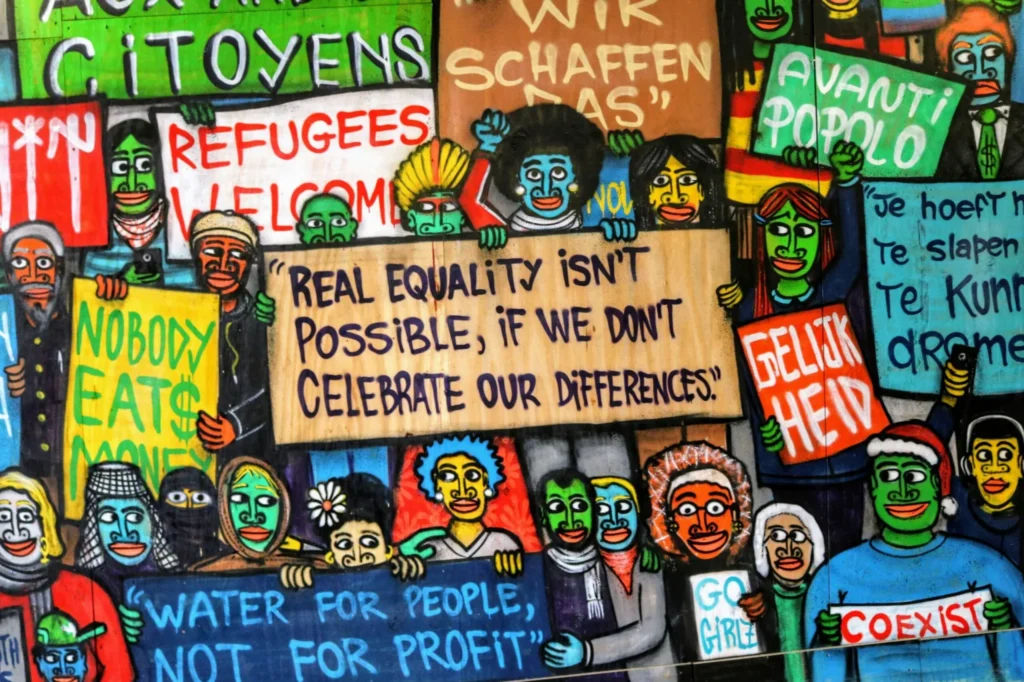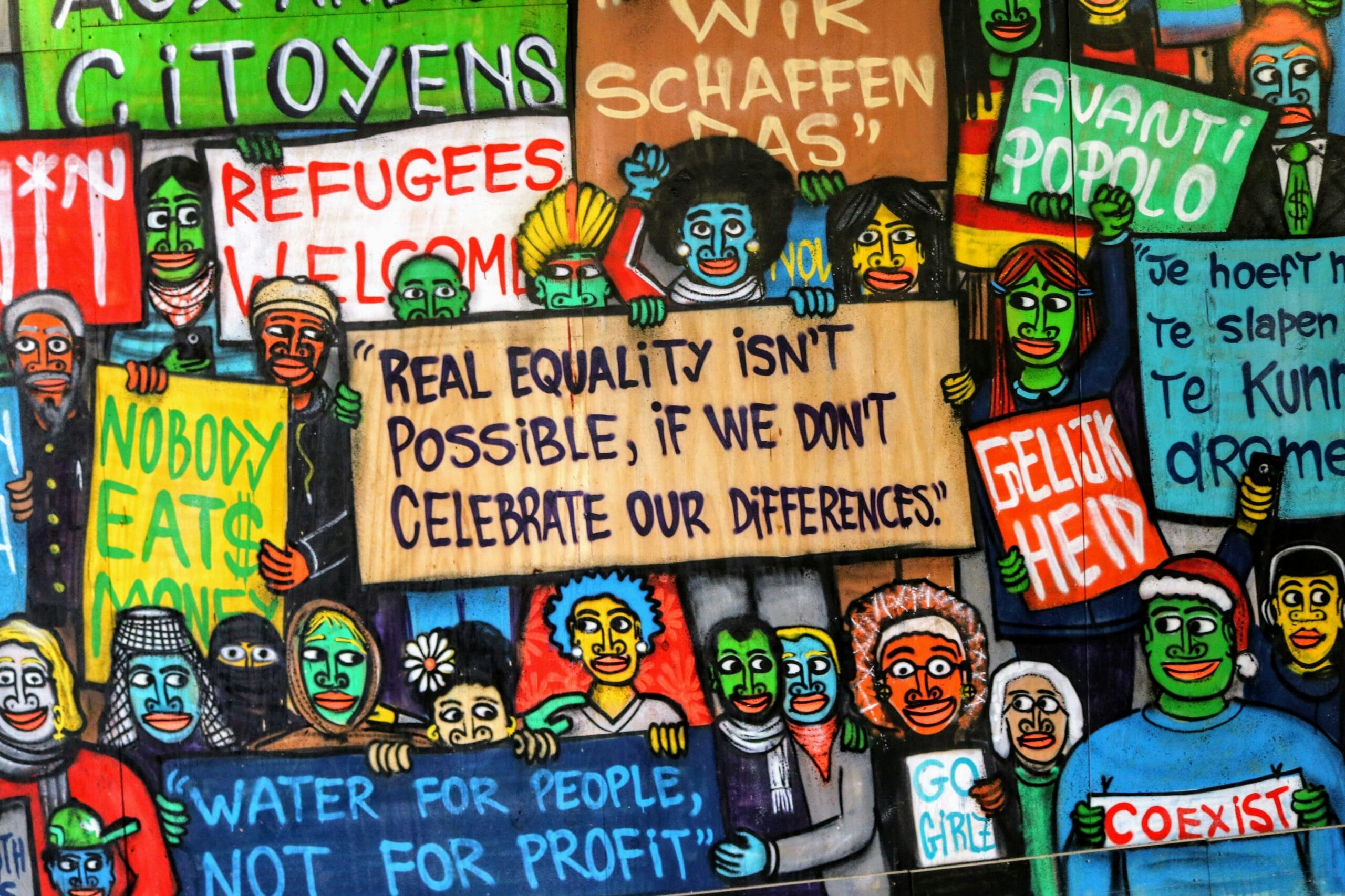
Have you ever wondered what truly happens when a university student’s life turns upside down after a sudden arrest? The unexpected detention of Rumeysa Ozturk, a Tufts University graduate student, by Immigration and Customs Enforcement (ICE) agents has done just that. It has sparked conversations across campuses and beyond, echoing the tales of other pressurized political climates. So, what’s the story behind this viral arrest, and why does it matter?

The Incident: A Frozen Moment in Time
On March 27, 2025, a quiet street in Somerville, Massachusetts, transformed into a scene of tension and uncertainty. With a parked blue car as the backdrop, ICE agents apprehended Rumeysa Ozturk—a moment that has left a significant mark. Flowers and signs placed on a nearby tree pay homage to the unfolding drama, a snapshot documented by photojournalists and etched into the community’s memory.
This isn’t just a scene from a movie; it’s a real-life story that’s captured the attention of many, focusing the spotlight on how immigration policies intersect with academic life and individual liberties.
Ozturk’s Background: More than Just a Student
Rumeysa Ozturk was not an ordinary student. As a Turkish national holding a legal student visa, Ozturk was deeply immersed in her academic pursuits as a Ph.D. student at Tufts University. Her arrest raised many questions, and the public clamored for answers. How could someone so dedicated to education find herself in the crosshairs of deportation?
Her situation has drawn comparisons to the wider discourse on the treatment of international students, casting a shadow over the safety net they once relied upon.

The Political Overtones: Echoes of Dissent
Why was Ozturk targeted by the administration? While no criminal charges have surfaced, the undercurrents of political dissent cannot be ignored. Ozturk co-authored an op-ed piece criticizing Israel’s actions in Gaza. This public stance appears to have placed her on a watchlist, especially since Secretary of State Marco Rubio specifically highlighted her involvement in anti-Gaza war activities when revoking her visa.
Rubio’s statement hinted at alleged associations with vandalism and other criminal activities, though he stopped short of directly linking Ozturk to any wrongdoing. This raises questions about how political engagement is influencing immigration decisions.
Isolated Incident or a Pattern?
Ozturk’s arrest is reminiscent of a similar situation involving Mahmoud Khalil from Columbia University, suggesting a pattern in handling cases involving political dissidence from students. Rubio’s admission of revoking approximately 300 student visas on similar grounds opens up discussions about broader implications for international students in the U.S.
These incidents are not isolated blips on the radar but rather part of a trend that potentially signals a shift in how dissent is policed within academic settings.

Legal Grounds: A Question of Authority
The Trump administration’s reliance on a 1952 immigration law has been central to this discussion. This law allegedly grants the Secretary of State the power to revoke a visa if an individual is deemed a threat to national security or contrary to U.S. interests.
Whether this legal justification holds water is a matter for the courts to decide in Ozturk’s case. However, the ambiguity in application and the potential for subjective interpretation make this a critical issue for civil liberties advocates.
The Big Picture: Stifling Political Expression?
The arrest and attempted deportation highlight potential infringements on civil liberties, conflating involvement in political discourse with national security threats. If individuals like Ozturk are subject to deportation under such pretenses, it sets a worrying precedent for international students and their ability to engage in political expression without fear of retribution.

Community Response: A Growing Support Network
Universities across the nation have rallied in support of Ozturk, a testament to the solidarity among students and academics alike. Placards, petitions, and peaceful demonstrations have emerged, painting a vivid tableau of unity and resistance against perceived injustice. Friends, professors, and fellow students are part of a growing network of support urging the reconsideration of her case.
These collective actions amplify the voices advocating for immigrant rights and freedoms, showcasing a determination to uphold values of inclusivity and fairness.
The Courts: A Legal Battle Awaits
Ozturk’s legal team is fighting hard to prevent her deportation. As her case navigates the complexities of the judicial system, observers are keenly watching to see how the courts interpret the intersection of immigration law and political expression.
Legal precedents set by this case could reshape future immigration policies, especially regarding those who are politically active while studying abroad.

Potential Impacts: Educational and Political Ramifications
The ramifications of this case could be far-reaching. Educational institutions may need to reevaluate how they support international students engaged in political discourse. Moreover, diplomatic relations could be under strain as countries scrutinize the treatment of their citizens abroad.
These developments prompt institutions and governments to reassess the balance between national security and the protection of civil liberties.
A Call for Clarity: Transparency is Key
The most pressing call to action is for transparency. If Ozturk’s arrest is truly about activities deemed harmful, evidence should be presented openly, allowing for public scrutiny and debate.
Although the rationale provided by the administration points to national security concerns, the lack of clear evidence invites skepticism and calls for a more transparent approach to handling such cases.
Conclusion: A Contemplation of Rights and Freedoms
In Ozturk’s story, we find a narrative that extends beyond the borders of one university or one country. It’s a moment to pause and contemplate the delicate balance between standing up for beliefs and navigating legal frameworks that may stifle those beliefs. This case serves as a potent reminder of the stakes involved when political expression, particularly in an academic setting, intersects with immigration policy.
As the situation continues to unfold, it underscores the need for ongoing dialogue and scrutiny when it comes to safeguarding the rights and freedoms that underpin democratic societies. Who knows how this story will end? But even in its uncertainty, it prompts critical reflection on where lines should be drawn and who gets to draw them.